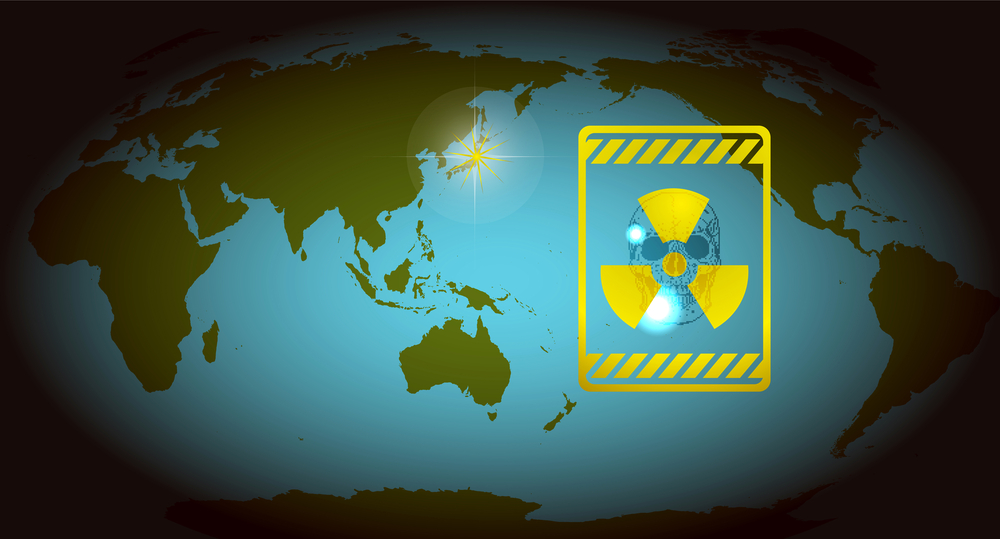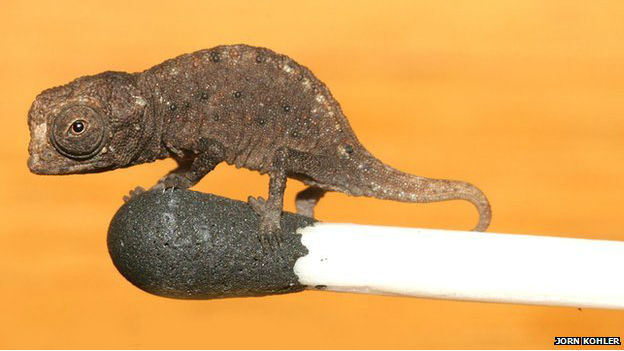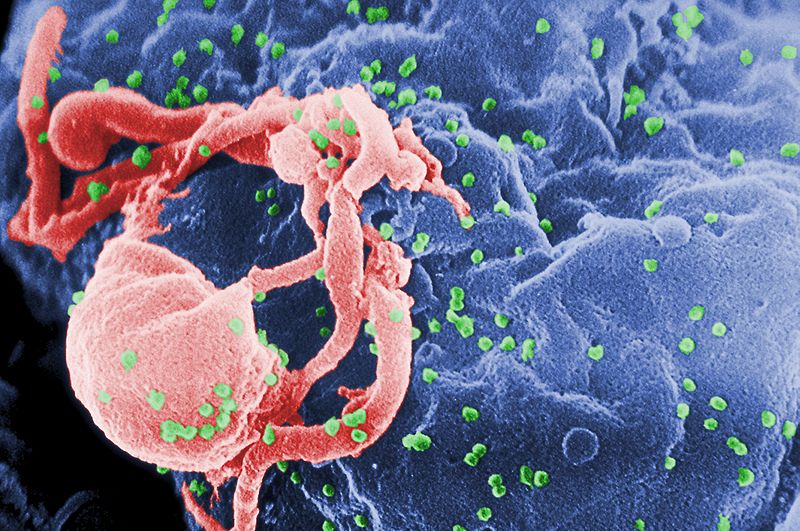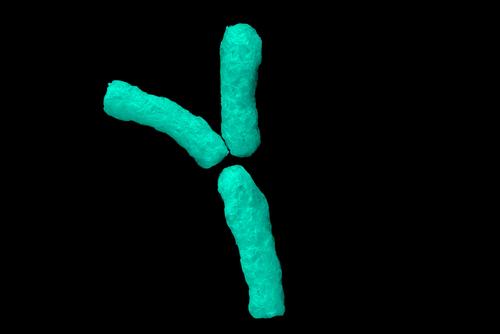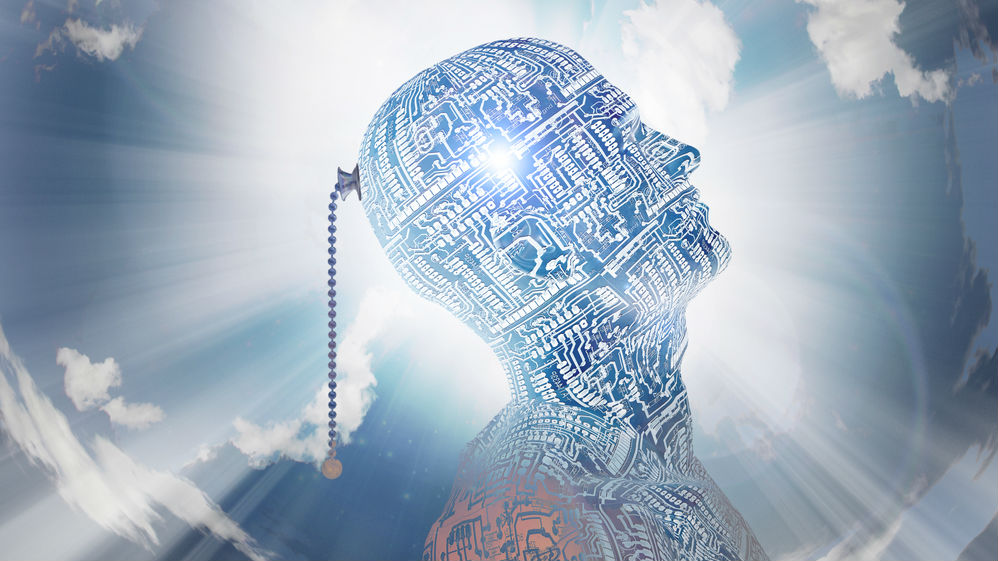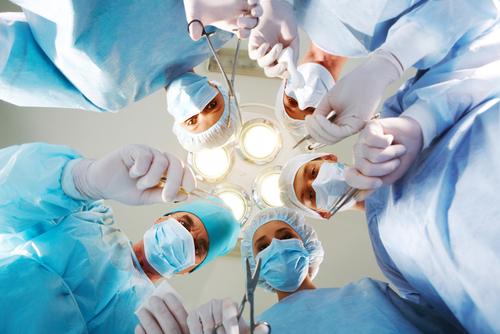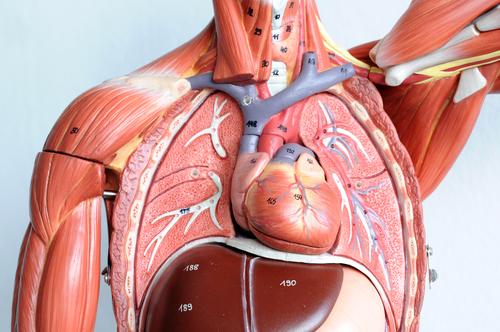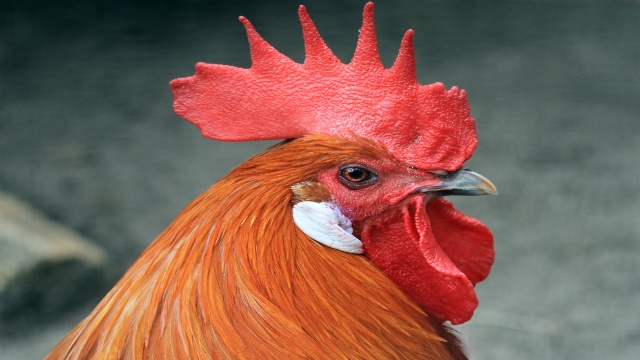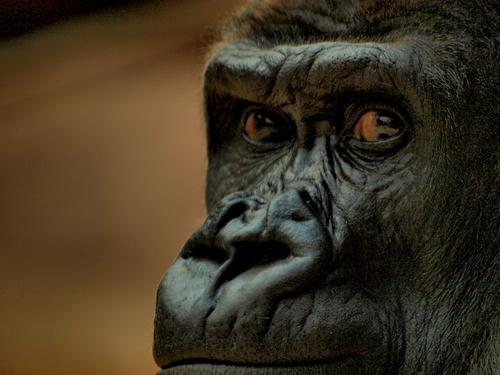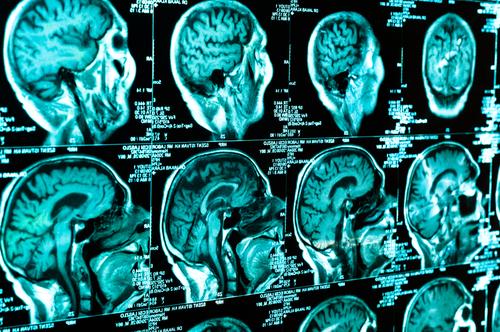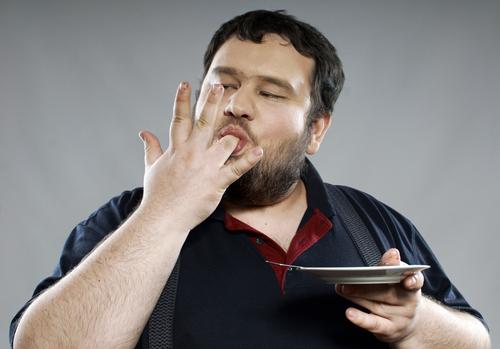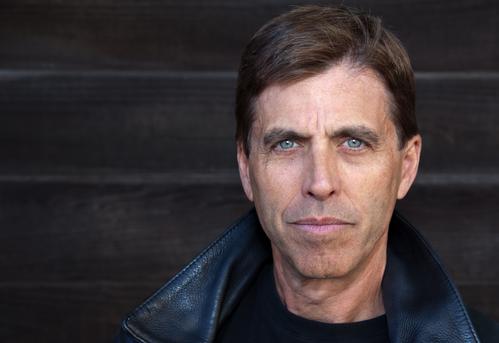Surprising Science
All Stories
A British company has announced it will release a small gene sequencing device the size of a USB stick which plugs into a laptop computer to deliver its sequencing results.
Margaret Moore, co-founder and co-director of the Institute of Coaching at McLean Hospital/ Harvard Medical School, answers all our burning questions about how to sift through the chaos of the digital age and organize our lives and minds. (Hint: it starts with the brain.)
The ability to sustain focus is one of the building blocks of organization. It is step two in our process to help you become more organized. The first step is to establish emotional control—to “tame the frenzy.” Now we are ready to take the next step—to sustain attention and to stay focused for greater lengths of time.
If there was a sanity test for leaders who wanted their own nuclear weapons, would these guys pass?
Scientists have discovered four new species of chameleon in Northern Madagascar, including the Brookesia micra, which now has the distinction of being the world’s tiniest known lizard. Speedy runners, these chameleons […]
As budget cuts hit NASA, the space agency will seek out international partners for a new manned mission that will take humans further into space than ever before.
Breathing air pollution is worse for your heart than your lungs, say scientists. A new study reveals that even one day’s exposure to chemicals in the air increases heart attack rates.
Scientists have agreed on boosting power levels at the Large Hadron Collider by 14 percent. 2012 should settle once and for all the question of the Higgs boson’s existence.
Michael Schatz, a researcher at Cold Spring Laboratory, wants to use Google’s algorithms to understand genomic data.
Grogginess is a virtue when it comes to finding creative solutions to tricky problems. Lack of concentration frees your mind to create new associations that may yield an important new insight.
Having a positive attitude is about more than being in a good mood. The way you think determines parts of your body chemistry, which in turn control your physical health.
Scientists have discovered a class of chemicals that stick strongly to the sugary shell which coats the HIV virus. The coating enables the virus to slip past the body’s immune system.
A particular version of the sex chromosome predisposes men to contracting heart disease. While environmental factors remain important, an important genetic link has been discovered.
In a new Harvard survey, a majority of doctors said they had been overly optimistic about a patient’s prognosis and ten percent said they had told patients something that was not true.
“If you think about it this way, if you are a Martian coming by earth and looking at all these humans and then looking at how they work you wouldn’t—it would never dawn on you to say, ‘Well, now, this thing needs free will!’ What are you talking about?” says Michael Gazzaniga, one of the world’s leading researchers in cognitive neuroscience.
Whether the Large Hadron Collider in Geneva, Switzerland finds the Higgs boson depends on scientists’ abilities to interpret extremely complex data sets correctly. Here’s how they do it.
The space agency’s Biosciences Division has created a medical tool for astronauts that stands to benefit millions of Earth-bound patients by improving a wide range of treatments.
The self-driving car is a technology of degrees. Adaptive cruise control and lane-keeping features will be released first. But when will you be able to sit back and relax?
A Dutch woman has received a jaw implant created layer by layer from a 3D printer. The maker of the machine says human organs could one day be printed using organic ‘ink’.
The trouble, says Nobel Laureate psychologist Daniel Kahneman, is that we’re often confident in our intuitive judgments even when we have no idea what we’re doing.
A handful of philanthropic billionaires, including Gates, are funding private research efforts into a ‘Plan B’ for climate change, should the UN and politicians fail to arrive at a solution.
Russia has drilled through 2 miles of ice to examine a lake trapped in darkness for 14 million years. In doing so, Russia beat out the UK and US who are on their way to other ancient lakes.
The human brain’s ability to recall the past, plan for the future, reason abstractly and navigate complex social relationships makes it far superior to other species’. But how did that happen?
New research suggests that some people are born with a biological predisposition to addiction because of abnormalities in their brain. The results offer insight into potential treatments.
Science is better defining what have been some gray areas of consciousness. By using brain scans to measure the patients’ awareness, we are arriving at sounder and more ethical medicine.
Individuals with certain forms of the CD36 gene are more likely to prefer high-fat foods, say researchers. The new obesity data could help those who consistently struggle with weight gain.
Aging is just another non-infectious disease, like Alzheimer’s, diabetes or cancer, says Aubrey de Grey. We might be able to cure it using the protective sequences of our own DNA.
Despite Mark Zuckerberg, venture capitalism and the myths of Silicon Valley, the increasing complexity of our technological systems means successful innovation is occurring later in life.
Athletes may be paid millions, but implicit in the bargain is that ownership of their bodies is no longer entirely theirs.
For decades, automobiles have taken priority over pedestrians in city planning offices. That is set to change as we come to grips with what actually makes cities work: pedestrian traffic.



